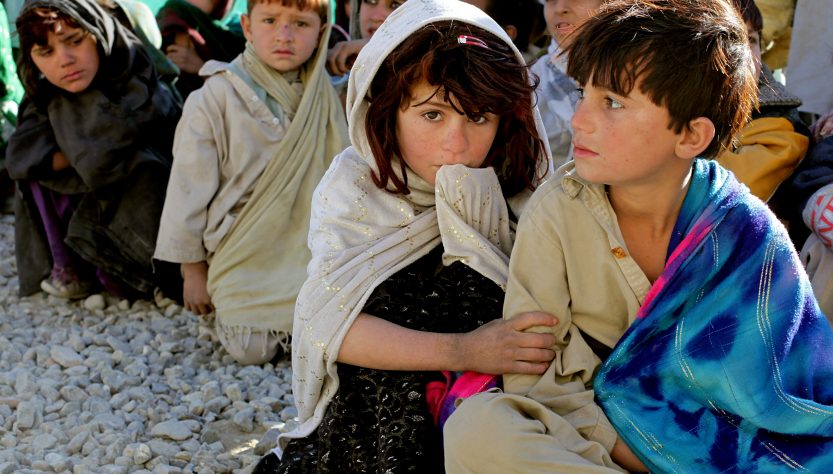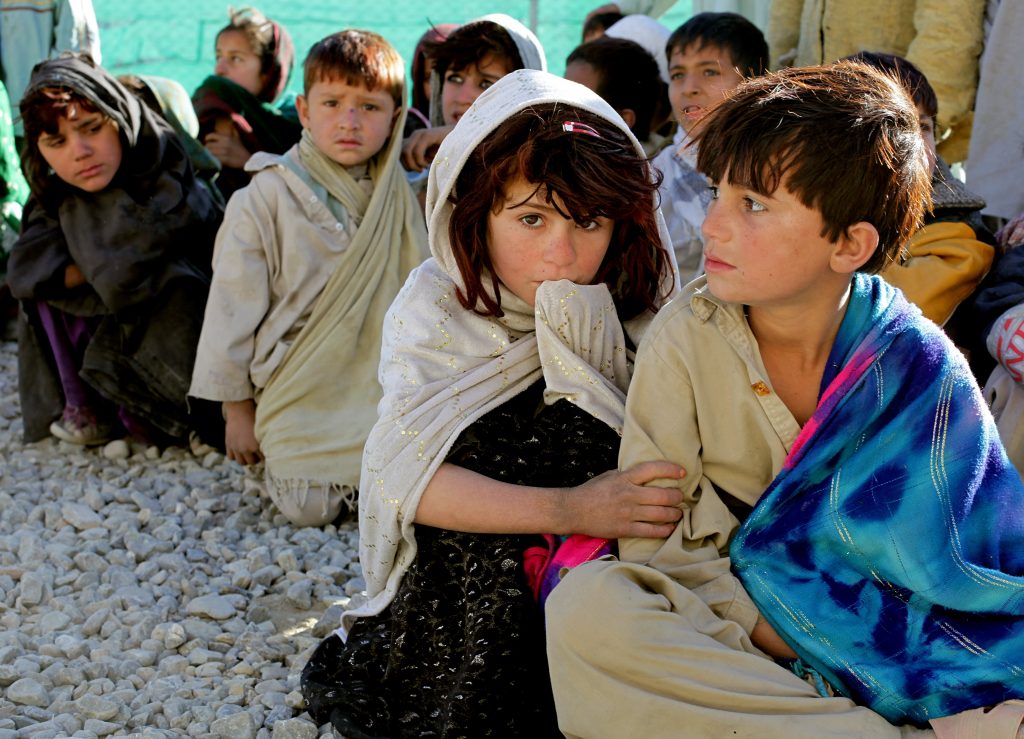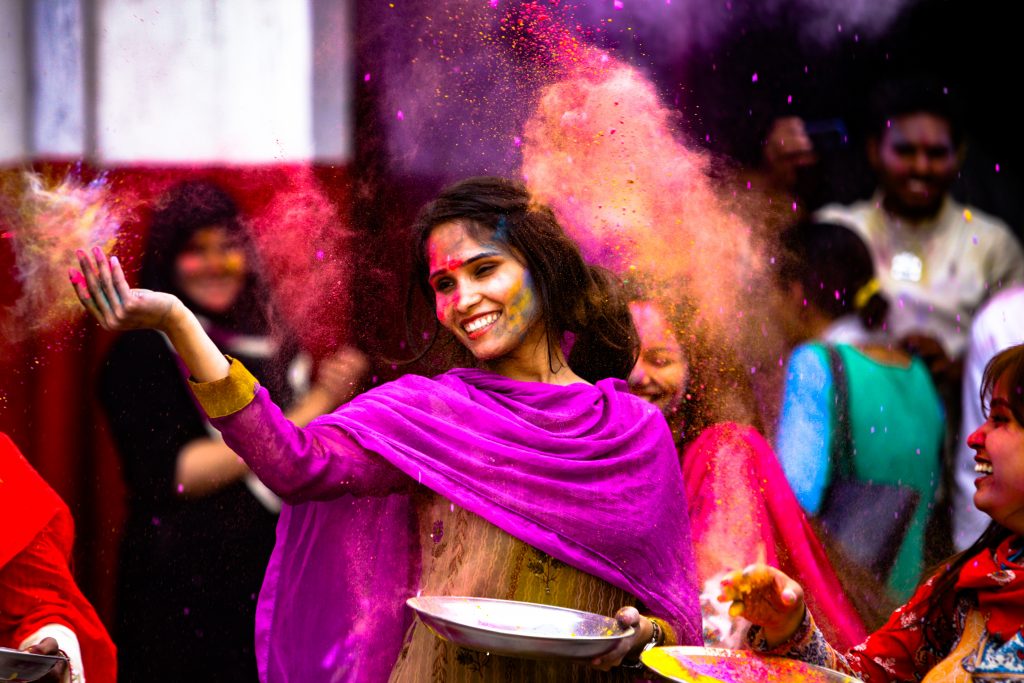Neville (Nawzad) D’Cunha
Associate Professor of International Relations & Diplomacy
Faculty of Administrative Sciences & Economics – TIU – Erbil
Introduction: The Present Scenario
1It is indeed a tremendous challenge to come to terms with the conflagration of religion, politics, and ethnicity that has presently engulfed Afghanistan as the US+Allies military leaves the country after 20 years. In a narrow sense, Afghanistan is free of foreign military presence – but in a broader sense, however, it is not free as the dreaded Taliban has taken over the country exacerbating many existing challenges and inequalities.
2If the unholy alliance of religion, politics and ethnicity is at the roots of global terrorism, then the West had a clear mission: to transform South Asian societies – with Western political institutions and social norms. 3The ground reality suggests the Western mission has clearly failed, and the resurgence of Taliban was inevitable as part of South Asia comprising Pakistan, India and Afghanistan resent Western power and influence over them. Now, the three countries have a herculean task ahead of them to work closely together to bring lasting peace, security, and stability to their turbulent region.
South Asia: Tragic History
4Civilization history scholars have discovered that South Asia has always been in turmoil. Throughout known history of around 10,000 years, this vast landscape has been invaded by foreigners with the intention to decimate the local population and settle down.
5Nomadic Aryan invaders moved into the region between 1500 and 1000 B.C.E. slaughtering the existing indigenous people. The tragedy of this land is that it was conquered and ruled for millenniums by Greeks, Mongols, Turks, Mughals and finally by the British. The indigenous people were forced by the invaders to embrace foreign religions like Hinduism, Islam and Christianity, leading to painful rejection of their own local belief systems. These religions inbred violence has become a breeding ground for fanaticism and revenge.
6The people of this land have only seen subjugation by foreign powers. To rub salt to their wounds, the British, through their divide and rule policies, fragmented this vast land and its peoples into artificial countries like India, Pakistan and Afghanistan. South Asians have not been able to reconcile to the many Partitions brought about by the British of their great Indian subcontinent.
Losing Humanity in South Asia: Afghanistan & Pakistan
7With this background knowledge, it comes as no surprise that the recent events in Afghanistan and Pakistan are defining global security crisis and presenting a tremendous challenge to countries around the world. 8The Taliban claiming to practice their form of Islamism are deliberately inflicting all kinds of violence on the Afghan people and, unfortunately, they have not been reined in by Islamabad, which alone has influence over them. The idea behind this brutality is to completely humiliate and breakdown families, as well as entire communities – a violence which seems to know no limits.
The Future Generation of Afghanistan waiting impatiently for lasting solutions
so that they can grow freely
9Afghanistan and Pakistan have become a cauldron of violence with no end in sight. The most vulnerable section of Afghan and Pakistan societies are the youth who are mired in poverty and unemployment due to decades of political instability. In this dire situation, they are becoming easy prey for madrasas and radical clerics for recruiting, training and deploying them as Taliban fighters and suicide terrorists against the foreigners as well as their own people, especially women committing violent acts. Their unspeakable acts of violence against fellow human beings constitute a crime not only against humanity, but also against the religion they claim to profess.
10Decades of terror attacks in India, Pakistan, Afghanistan and around the world are reminders that to unravel the perverse mindset of terrorists one has to go beyond personal faith and beliefs and look to other constitutive factors of psychological, social, cultural and political nature. Such factors do not provide an excuse for the horrendous acts of terror, but they indicate the complexity that needs to be addressed in curing this cancer in the body of humanity
Barbed Wires define the neighbourly relations between Pakistan & Afghanistan
Security & Stability in South Asia: Preventive Diplomacy by India
11As Afghanistan and Pakistan continue to experience a turbulent period amid its Talibanization, building stable and secure South Asia could not be more important – a task that India should undertake as part of preventive diplomacy. India is an important stakeholder in security and stability processes of South Asia, and it should persistently demonstrate that it will do its utmost for these processes. 12It should purposefully engage with the elites of both Pakistan and Afghanistan so that it does not fall into the trap of tokenistic participation and pushed to the margins of, or categorically excluded from, processes aimed at transforming conflicts.
13It will be in the best interest of Pakistan and Afghanistan to include India in ushering security and stability in their countries. Unlike other countries, India’s ability to influence peace processes correlates with its proximity as their neighbour. India is recognized as a regional “pillar of stability” and hence its involvement can make it a critical player to enhance the legitimacy and durability of peace initiatives.
Reclaiming Humanity in South Asia: India is Responsible
14For a problem so big and so complicated, where do India begin? Hence, what I have found and what I believe is that it should begin somewhere, anywhere, but it must begin. New Delhi must act. It should work relentlessly to reclaim humanity and bring it at the centre for rebuilding South Asia as an oasis of peace.
15India finds itself in a triangle resulting from instability – Its corners are defined by Pakistan and Afghanistan. Its first duty is to find ways to transmit waves of stability along this triangle. It should further create very specific relations with both countries for the security of the whole region. 16It should increase meaningful engagement with the youth who have taken to terrorism. It should work with like-minded people in both the countries – building support, speaking out, educating, collaborating with local organizations, and inspiring men and women to stop the violence. It can support the vulnerable individuals and groups in helping them heal and provide them with opportunities to develop their self-sustainability and empowerment not only focusing on economic diplomacy, but also on educational and cultural diplomacy.
17To reclaim humanity in South Asia, it is therefore critical to build civic trust and social cohesion, ensure the rule of law and prevent abuse of power by political, religious, and ethnic leaders. India should embrace all the challenges and problems that beset South Asia. It should make a commitment for the protection of women’s fundamental rights, including their physical safety and civic spaces, as a prerequisite for their meaningful participation in nation-building process. It is equally important to actively consider gender dynamics in peace processes and advocate for a gender-sensitive approach to inclusive political processes. 18There are overarching problems that our generation may not ever be able to change, but there are also millions of South Asians suffering here and now. We cannot “play” with the lives of people; India has the capacity to change people’s lives in the whole region – And the time for New Delhi is “Now!!!”
India should strive to bring life and colors of authentic humanity to the
people of Afghanistan and Pakistan
Kurdistan: A Role Model for South Asia
19Kurdistan, despite recent political upheavals, past genocides of its civilian population, ISIS nightmarish experiences and losing geostrategic territories to the federal government – is deeply committed to practicing democracy, human rights, women rights, and minority rights in the most volatile Middle East. 20It has by law brought down incidence of honor killings, outlawed forced marriages and female circumcision, restricted polygamy and reformed the inheritance law to ensure that women receive a fair share. The Kurdistan Regional Government (KRG) has succeeded in protecting all the minorities that include Christians, Jews, Yezidis, and others. 21Hence, Kurdistan is an ideal role model for South Asia to emulate in its joint endeavors to rebuild the region from the embers of endemic violence towards peaceful coexistence.
Conclusion: The Way Forward
22Religion, politics, and ethnicities are realities; they surround us and permeates the culture. Putting humanity at the centre of society’s response as it faces the challenges associated with the machinations of religion, politics and ethnicities, is the only antidote to establish a truly peaceful and stable South Asia. 23Hence, South Asians have a choice: burying our heads in the sand and throwing rocks when we come up for air will not change anyone’s heart, including our own. Instead, we can choose to move toward a mind of greater perception, a heart of greater love, a world of greater peace, by accepting the invitation to empower one another. 24We cannot do it alone or in isolation; we must do it together – and then we can all live our lives in peace.



